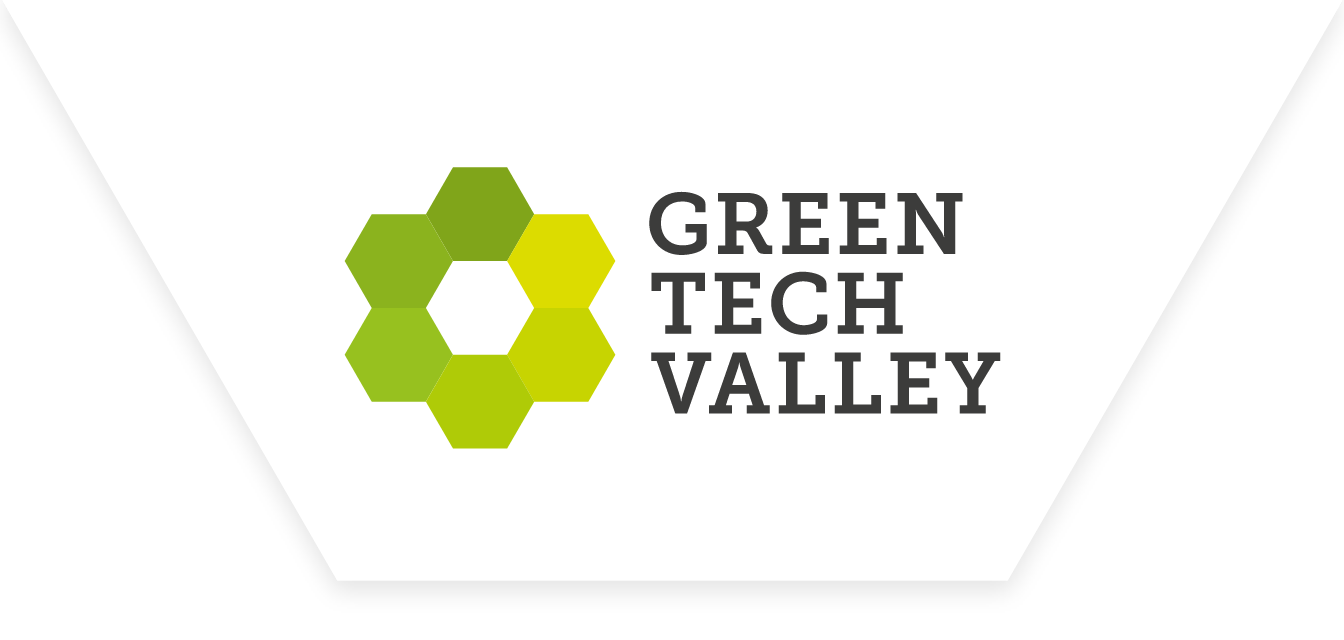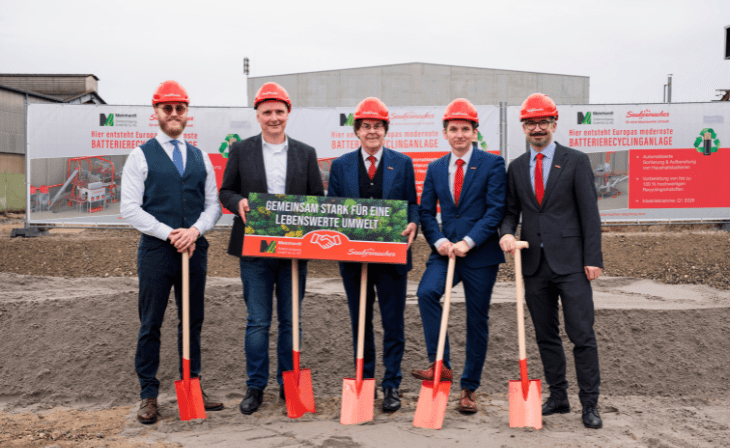The construction is being jointly financed by the partners. An investment in the double-digit million range is planned. The joint venture will significantly strengthen the circular economy in the region.
Synergies and know-how transfer for more efficient recycling
Saubermacher Recycling – a Saubermacher Group company – sorts and recycles over one billion household batteries in the Rhine-Main region every year. In order to meet the increasing demand for recycling in the best possible way, the environmental pioneer is expanding its capacities for batteries as well as large and small electrical appliances from washing machines to smartphones and kettles together with waste disposal professional Meinhardt. The new facility will be built at Meinhardt’s site in Ginsheim-Gustavsburg in accordance with the highest safety and fire protection standards. Commissioning is planned for the coming year. The establishment of the joint venture is subject to merger control clearance by the relevant authorities in Germany and Austria.
Highest sorting purity and best recycling rates
The new plant recycles small household batteries, such as those from remote controls, as well as special batteries from cordless screwdrivers or fences. These are sorted in a highly automated process. AI-supported processes use X-rays to determine whether the batteries are alkaline manganese or lithium-ion batteries, for example. In this way, valuable recycled raw materials such as nickel, iron, zinc or aluminum are obtained, which are used in steel production or for the manufacture of new batteries, among other things. Up to 100 percent of the metals can be recycled. This closes the material cycle. Old becomes new. In addition to batteries, the plant can also process old electrical appliances efficiently and in a way that conserves resources. Careful separation and processing enables maximum recovery of metals, plastics and glass. Hazardous materials are also safely removed and disposed of in an environmentally friendly manner. The recycling plant meets all the requirements of the WEEE Directive* and makes a significant contribution to higher recycling rates.
Hans Roth, Saubermacher founder: “With the joint venture between Saubermacher and Meinhardt, we are sending a strong signal for innovation and sustainability in the industry. Two environmental professionals are pooling their expertise to drive forward the recycling of batteries and waste electrical and electronic equipment and make the vision of zero waste a reality together.”
Andreas Opelt, COO Saubermacher: “Through their cooperation and the construction of new plant capacities, Saubermacher and the Meinhardt Group are making a significant contribution to the circular economy in Germany, which is urgently needed in view of the increasing collection and recycling rates in the coming years. Saubermacher is also consolidating its commitment in its neighboring country, where the company has been active since 2015.”
Marco Hastenteufel, Managing Director of Saubermacher Recycling GmbH: “The commissioning of a state-of-the-art battery recycling plant in the heart of Europe marks a significant milestone on the road to a sustainable future. This innovative plant enables us to efficiently recover valuable raw materials and at the same time significantly reduce the environmental impact of used batteries. At the same time, it was important to us to build a plant that also guarantees the highest level of safety for our employees. To this end, we paid a lot of attention to fire protection, exhaust air purification and work ergonomics in the plant design.”
Torben Kraffczyk, Managing Director of the Meinhardt Group: “The joint venture across national borders is a sign of a strong partnership in the SME sector, demonstrates innovative strength and secures jobs for many committed employees in the long term. We look forward to the joint challenges.”
*The WEEE Directive (Waste of Electrical and Electronic Equipment) regulates the minimum standards for the treatment of waste electrical and electronic equipment throughout the EU and serves to prevent and reduce such waste through reuse, recycling and other forms of recovery.
[Source: PA Saubermacher, 23.04.2025]


